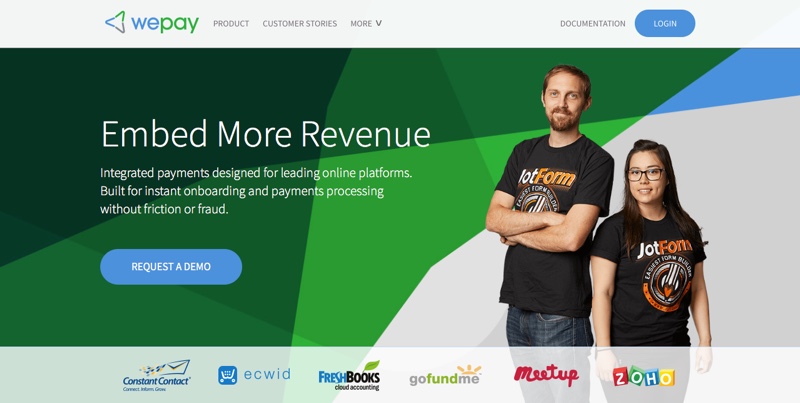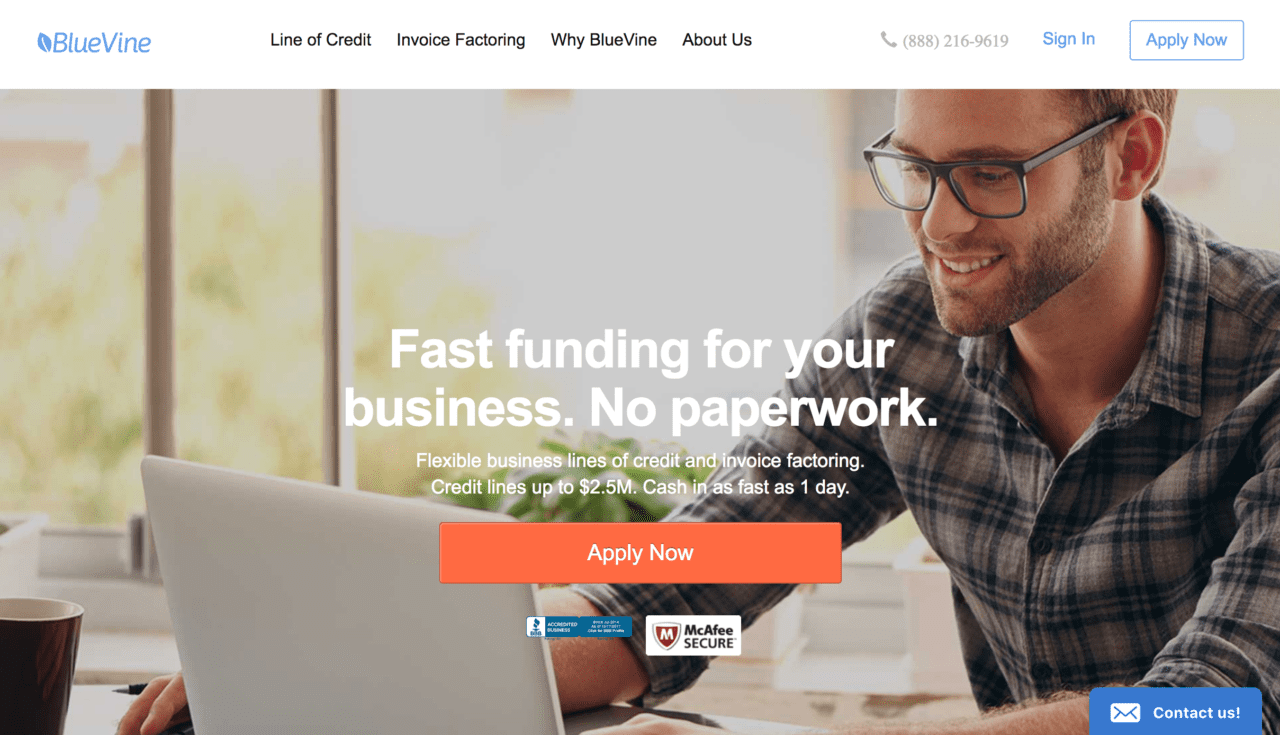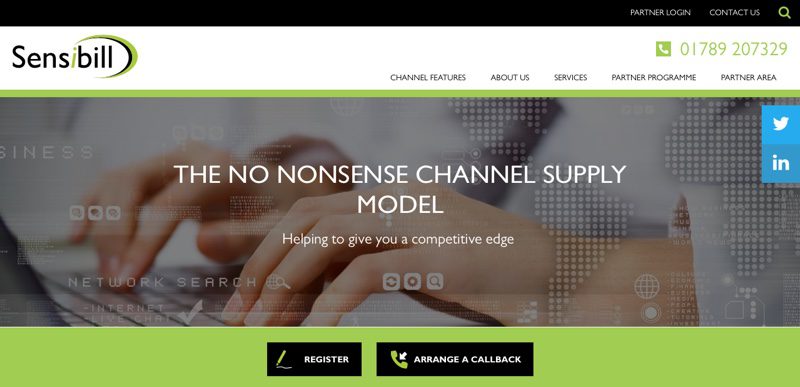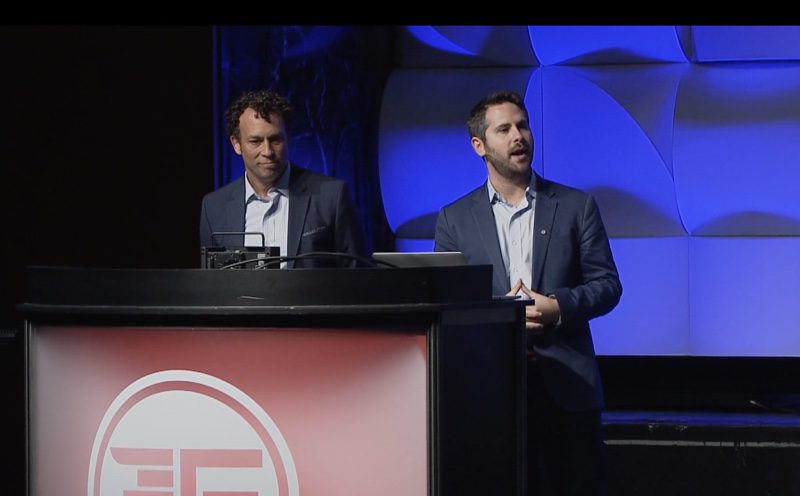Decision Builder, the latest solution from mortgage tech innovator Roostify, will give lenders the ability to provide loan applications with a clear, easy-to-understand view of all the borrower’s loan options – based on the lender’s actual product and pricing system.
“Consumers often approach a home loan with a lot of anxiety, in part because traditionally very little information has been available to them,” Vice President of Products for Roostify, Sandeep Aji said. Not knowing things like how much the monthly mortgage payment will be or the exact amount needed to close “until late in the process,” are an unnecessary source of stress for prospective mortgage borrowers, Aji explained. “With Decision Builder, consumers can get an accurate idea of what to expect before they even fill out an application,” he said.
Readily integrated into the lender’s current website, Decision Builder collects some basic information such as desired loan amount, anticipated downpayment and ZIP code of the house via a set of dropdown questions. The tool then provides a set of loan options that let the prospective borrower see which products and rates they qualify for. Once the consumer makes their choice, a single click allows them to continue the process with their selected loan product. Aji added that improving the application process by providing more information sooner is a benefit to lenders as well as homebuyers. “Offering this information to consumers trying to education themselves allows lenders to establish a trust relationship early on with prospective clients,” he said, “increasing the likelihood they will apply with that lender.” Decision Builder will be demonstrated live next week at the MBA Annual Convention.
Founded in 2014 and headquartered in San Francisco, California, Roostify demonstrated its platform at FinovateSpring 2016. Last month, the company announced partnerships with mortgage transaction services provider ServiceLink and digital insurance firm, Matic Insurance Services. In August, the company celebrated a milestone in the number of external developers working on its platform. The previous month, Roostify announced that it had helped housing lender First Cal reduce its loan process to 15 days – 66% lower than the national average of 43 days.
Named to the Forbes Cloud 100 and CB Insights Fintech 250 earlier this year, the company added top executive talent in 2017, bringing on Frank Gelbart as Chief Revenue Officer and Sandeep Aji as Vice President of Products. We profiled Roostify as part of our look at proptech and mortgagetech back in February.
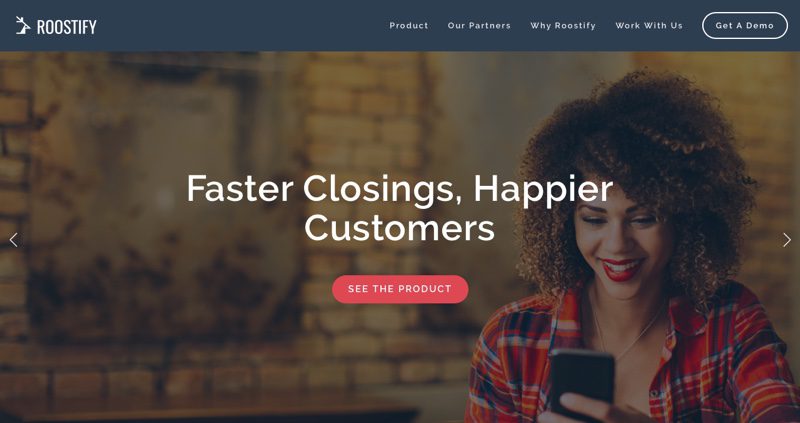

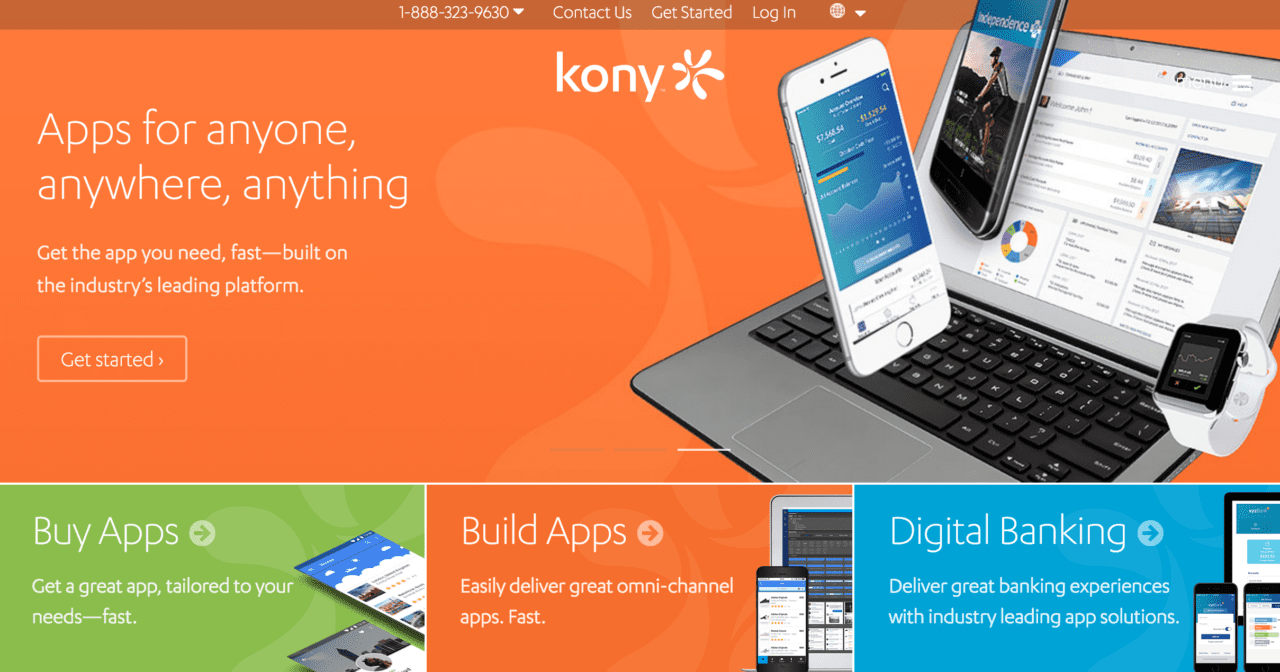

 Presenters
Presenters Damir Galiev, Head of Innovation PO
Damir Galiev, Head of Innovation PO
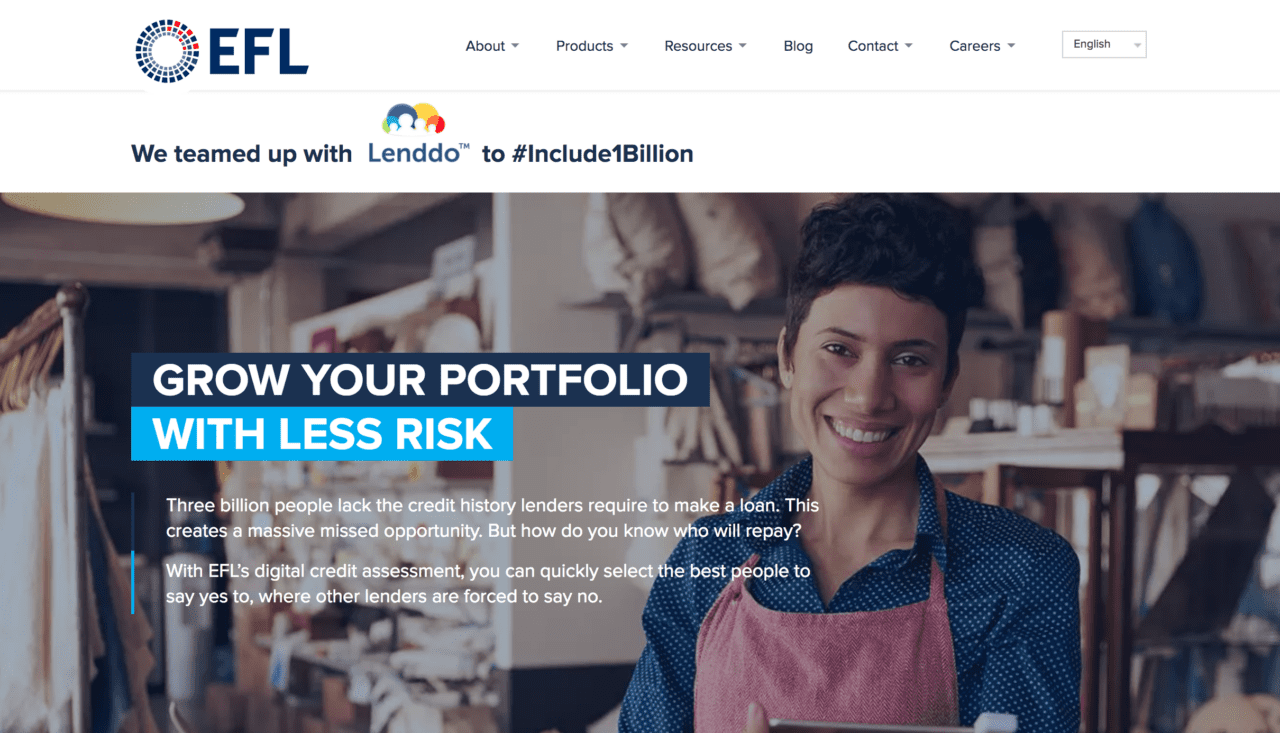
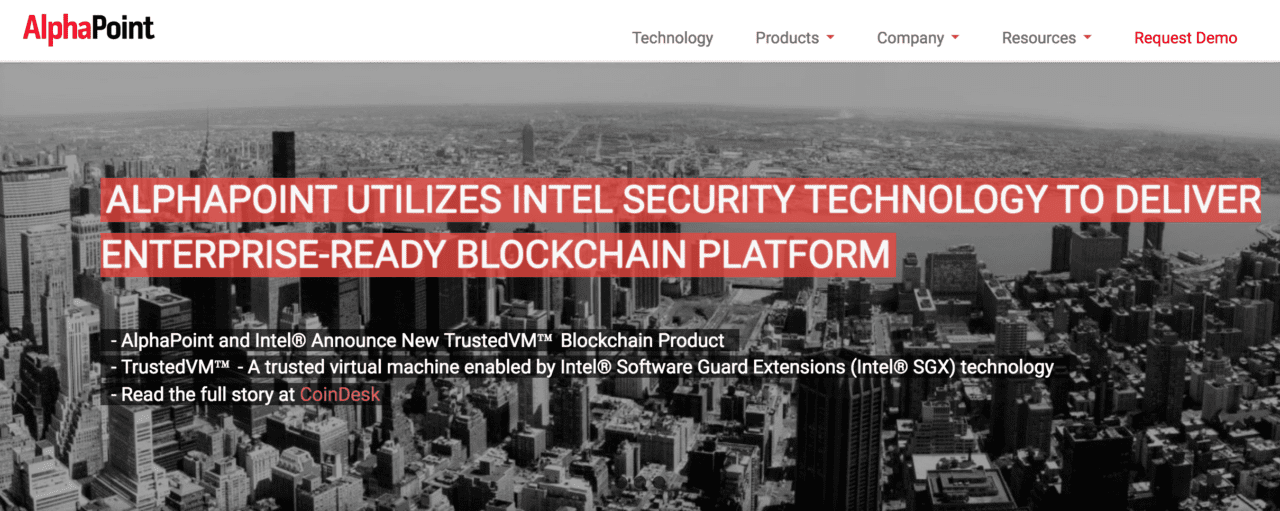
 TrustedVM leverages Intel’s Software Guard Extensions (SGX) technology to enable smart contracts and any set or subset of blockchain data to remain confidential. The data is protected against access by intermediaries and network participants to boost the security of AlphaPoint’s Distributed Ledger Platform (ADLP).
TrustedVM leverages Intel’s Software Guard Extensions (SGX) technology to enable smart contracts and any set or subset of blockchain data to remain confidential. The data is protected against access by intermediaries and network participants to boost the security of AlphaPoint’s Distributed Ledger Platform (ADLP).